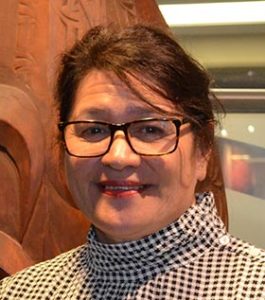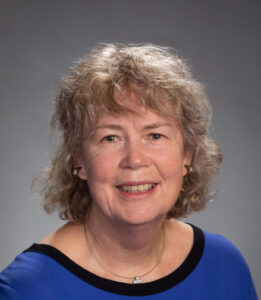
NZNO president Anne Daniels and kaiwhakahaere Kerri Nuku spoke to media last week – covering aspects of the chronic staffing problems in the profession.
It comes as new NZNO chief executive Paul Goulter sent a statement to members announcing preparation was underway for a new campaign to address the “nursing staffing crisis”. The “large scale” campaign would launch as the health sysyem faced intense pressure from COVID-19: and as the countdown begins on national elections in 2023.
Goulter said the crisis existed across the health sector, “and has been caused by decades of planning neglect by both governments”.
The campaign would not stop till NZNO’s demands were met, and “all nurses, midwives, health-care assistants and kaimahi hauora” were safe and fully resourced in the workplace.
Nuku spoke on the TVNZ Breakfast show about the impact of public health order changes that allowed COVID-19 positive nurses to voluntarily return to work in COVID-19 wards.
She said nurses were angry and frustrated after keeping the health-care system functioning in the two years of the pandemic – “let alone the many, many years before that”.
Nurses believed the system was not “fit for purpose” and they were burnt out and angry because they were not being listened to.
“These health orders come without consultation with our organisation, and we represent the largest nursing workforce throughout the country.”
The changes meant some COVID-19 nurses were being put under “incredible pressure” to return to work, as they would feel an overwhelming sense of obligation to patients and colleagues.
“When does the nurse get the chance to recover? We’re already talking about a workforce that is fatigued, and now we’re expecting them to go to work in the most difficult environment ever.”
Nuku said nurses still needed access to adequate PPE (personal protective equipment), and better understanding from employers of their health and safety obligations. While some nurses were offered financial incentives to keep working, they were still being treated as “disposable”: asked to return to COVID-19 wards while COVID-19 positive, she said.
After the pandemic, nurses should be invited to participate in future planning for the health system, she said.
Daniels – who works in Dunedin Hospital’s emergency department – told Radio New Zealand everyone was “doing it hard” amid a staffing crisis, despite director-general of health Ashley Bloomfield’s claims to the contrary.

“I wish he would walk into any tertiary hospital and see what’s happening – or any community vaccination centre or small rural hospital, where they’re really doing it hard. . .”
Nurses and doctors struggled to say no to do extra shifts, often back-to-back, she said. “Many do step into the breach because. . . they know their colleagues are not going to cope if they don’t, and the patients will suffer and be put at risk also. So it is a very difficult choice.”
The current crisis had been a “long time coming”, she said. NZNO had been calling on the Government and Nursing Council to prioritise safer staffing levels for the past 15 years.
The Government’s safe staffing review found 83 per cent of staff said that patients were not receiving complete care on understaffed shifts last year. “Here we are in March/April with COVID just screaming along and things are a hell of a lot worse. So when I say we’re in crisis, I really mean that.”
Working while exhausted also increased the risk of nurses getting sick. “Trying to fix the short-term problems with doing more and more and more when you’ve got less energy and you’re absolutely exhausted will make you more inclined to become ill and catch COVID as well,” Daniels said. “Long-term, it’s not sustainable, and it’s not sustainable now.”
Many were simply walking away – to plant trees, work in desk jobs – “anything but nursing, and I think that’s really sad”.
One immediate solution could be more flexibility in the Nursing Council’s registration requirements for internationally qualified nurses, and Immigration New Zealand’s visa requirements for overseas health workers’ partners and families to join them here, Daniels suggested.
“We need to start talking to each other as NZNO represents 55,000 nurses and there are only about 64,000 nurses working in NZ – so we do have the majority of nurses working, and we need to be given the opportunity to talk about the short and long-term solutions to this crisis we have so we don’t go down this rabbit hole ever again.”

